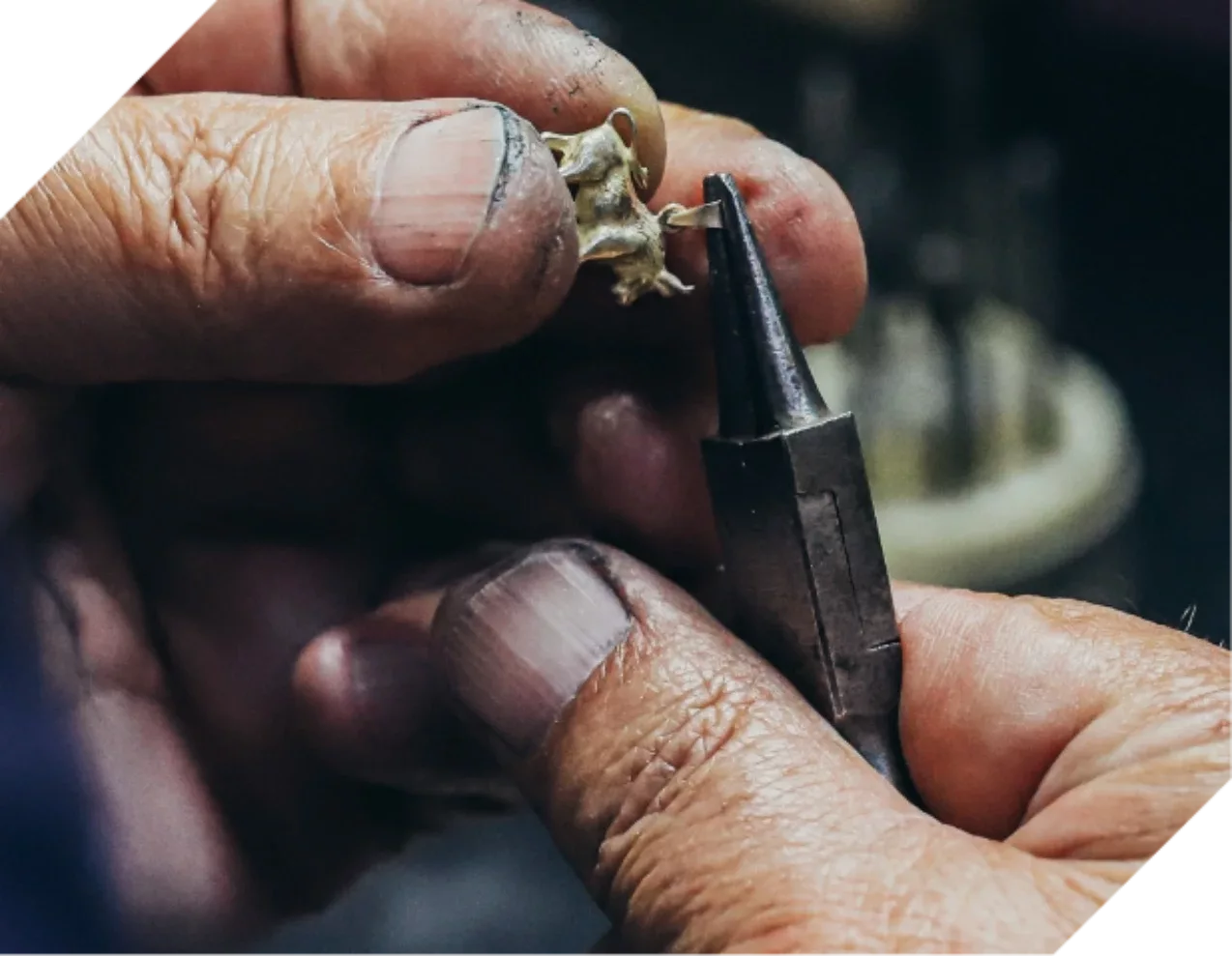Services
Forced Labour Services

We have over 25 years of expertise in identifying and tackling forced labour and modern slavery
Having worked with law enforcement bodies, government procurement companies, retail brands and supplier factories themselves. We have extensive ground level expertise in discovering and remediating all 11 of the ILO’s indicators of forced labour and developing responsible recruitment solutions and remedies.

What We Do
When it comes to forced labour, we know that uncovering it is not where the work ends. Our in-depth investigations are designed to set the roadmap to not only prevent human rights abuses, but to rectify any negative impacts on workers. To that end, our work to combat forced labour is centred around three key focus areas:
Why Partner With Us?
Below are some examples of our forced labour work around the globe:
United Kingdom
We identify and remediate modern slavery across a range of sectors including agriculture, food processing, supermarket distribution and manufacturing. We have also developed the audit protocol for a UK Industry consortium’s Temporary Labour Working Group and for the Gangmaster Licensing Authority (GLAA) Standard.

Kenya and Malawi
We undertake deep-dive gender-sensitive assessments within the tea sector in East Africa, to understand the human rights risks throughout the worker journey, from recruitment to end of contract. We are working closely with estates on implementing remediation, driving reforms on management systems and
grievance mechanisms, and re-establishing constructive worker-management relations.

Malaysia
We undertake audits, deep-dive investigations and research to identify forced labour in rubber glove, garment, condom, palm oil, packaging, furniture, electronics, security and other sectors. We also lead remediation and repayment activities in individual factories alongside consortia of buyers and public procurement agencies concerning migrant workers particularly from Bangladesh, Indonesia, Nepal and Myanmar. This has included a long standing retainer as an expert strategic advisor to Top Glove throughout their 14 month Withhold Release Order, which has recently been modified. In 2020, Impactt
conducted 2,600 migrant worker interviews as part of audits in rubber glove and condom factories. In 2021, we have so far conducted 2,800 migrant worker interviews as part of investigation and remediation work within rubber glove, garment, oil and gas, and palm oil industries. We have supported the repayment of over $USD70million in the last two years, guided by our Principles and Guidelines for Repayment of Recruitment Fees and Related Costs.

Myanmar
We undertake research to understand the recruitment channels by which workers from Myanmar travel to work in the Gulf, Malaysia, Japan, Korea and Thailand with a specific focus since 2019 on electronics and the rubber gloves/condoms industries. In addition, we train aspiring ethical recruitment agencies on means and methods of ethical recruitment.

Nepal
We undertake research to understand the recruitment channels by which workers from Nepal travel to work in the Gulf, Malaysia, Japan and Korea with a specific focus since 2019 on electronics and the rubber gloves/condom industries. In addition, we train aspiring ethical recruitment agencies on means and methods of ethical recruitment.

India
We undertake deep- dive assessments within the garment/spinning sector in South India, to identify and understand the risk of forced labour. Since 2019, we have conducted 14 assessments and found over 80 indicators of forced labour. Our research points to the presence of all ILO forced labour indicators, with varying degrees of prevalence. Deception, restriction of movement and excessive overtime are common indicators identified. In Impactt’s work, we uncovered abuse during our assessments, but we are also picking up sexual harassment cases through our grievance mechanisms in the region. Based on our latest data, 33% are high priority calls (e.g. verbal abuse, sexual harassment, forced labour-related indicators etc.). We are working closely with sites on implementing remediation and site improvement programmes that address root causes. We have also undertaken our own research to map the recruitment journey and risks for migrant workers from a a key source state (Odisha).

Thailand
We undertake audits and research to identify modern slavery in food processing, electronics, rubber glove, condom and garment factories as well as in rubber and other agricultural plantations. We carried out an independent evaluation (Ethical Recruitment: Translating Policy into Practice) of the success of Thai Union Group’s low-cost recruitment pilot for more than 30, 000 migrant workers from Myanmar. We also work with major food processing and garment companies to develop their responsible recruitment policies and implement remediation and repayment activities, particularly since 2019 with the Charoen
Pokphand Group and concerning migrant workers specifically from Cambodia, Laos PDR and Myanmar.

Qatar
We act as independent monitor for the Supreme Committee for Delivery and Legacy of the Qatar 2022 World Cup, identifying modern slavery in construction sites for World Cup stadiums and designing the world’s largest single scheme for repayment of recruitment related fees and costs to migrant workers (with US$30 million committed to be repaid).



